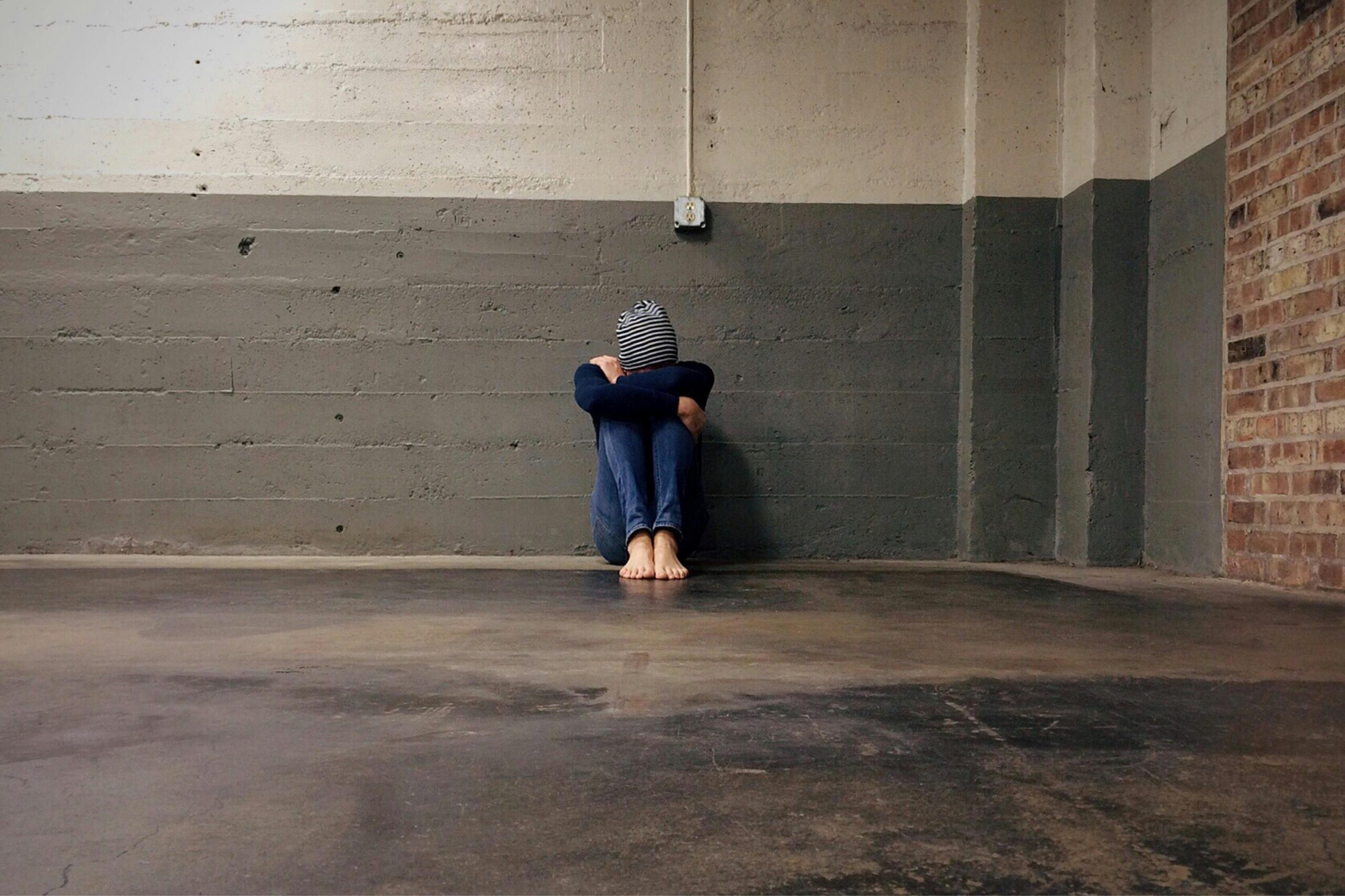In recent years, hate crimes have become a pressing issue across the globe, prompting governments to enact legislation aimed at combating prejudice and discrimination. In Canada, hate crime laws play a crucial role in safeguarding marginalized communities and promoting inclusivity. As a criminal lawyer in Toronto, Alex De Boyrie is well-versed in Canadian hate crime laws and is committed to providing comprehensive legal representation to those affected by such offences.
What Constitutes a Hate Crime in Canada?
Before delving into the legal intricacies of hate crime prosecution, it’s essential to understand what constitutes a hate crime under Canadian law. In simple terms, a hate crime is a criminal offence committed against an individual or group based on their race, ethnicity, religion, sexual orientation, gender identity, or other identifiable characteristic. These offences are motivated by bias, prejudice, or hatred towards the victim’s identity.
Legal Framework and Prosecution
Canada’s legal framework for addressing hate crimes is primarily outlined in the Criminal Code. Section 318 and 319 of the Criminal Code specifically address hate propaganda and public incitement of hatred, respectively. These provisions prohibit advocating genocide, inciting hatred against an identifiable group, or promoting violence based on hate.
Prosecuting hate crimes requires demonstrating not only the commission of a criminal offence but also proving that the offence was motivated by bias, prejudice, or hatred towards an identifiable group. This aspect of proving motivation adds complexity to hate crime cases, requiring thorough investigation and evidence gathering.
Challenges and Legal Protections
Challenges often arise in prosecuting hate crimes due to the nuanced nature of proving motive and intent. Victims may face barriers in reporting hate-motivated incidents, fearing retaliation or disbelief. Moreover, navigating the legal system can be daunting for those impacted by hate crimes.
However, Canadian law provides essential protections for victims of hate crimes. These protections include enhanced sentencing for offences motivated by hate, as well as provisions for civil remedies such as restraining orders or compensation for damages. Additionally, initiatives aimed at promoting awareness and education about hate crimes help foster a more inclusive society.
Legal Representation and Advocacy
In the face of such challenges, seeking legal representation from an experienced criminal lawyer is paramount. Alex De Boyrie, founder of De Boyrie Law, brings a wealth of experience and expertise to his practice. Practicing in criminal defence, including hate crime cases, Alex is dedicated to advocating for his clients’ rights and ensuring they receive fair treatment under the law.
Schedule a Free Consultation
If you or someone you know has been a victim of a hate crime or is facing charges related to a hate-motivated offence, don’t hesitate to seek legal guidance. Schedule a free consultation with Alex De Boyrie at De Boyrie Law to discuss your case and explore your legal options. With compassionate support and unwavering dedication, Alex is committed to helping clients navigate the complexities of hate crime laws and achieve justice.
In conclusion, understanding Canadian hate crime laws is crucial for promoting equality, combating discrimination, and ensuring accountability for offenders. By raising awareness, advocating for victims, and providing robust legal representation, we can work towards building a more inclusive and just society for all Canadians.

Alex De Boyrie is an experienced Criminal Defence Lawyer covering Toronto, and the Greater Toronto Area.
In short, Alex’s experience ranges from working on bail hearings, sexual offences, weapons and firearms, assault charges, drug offences, youth crimes, Impaired Driving, and other criminal offences.

